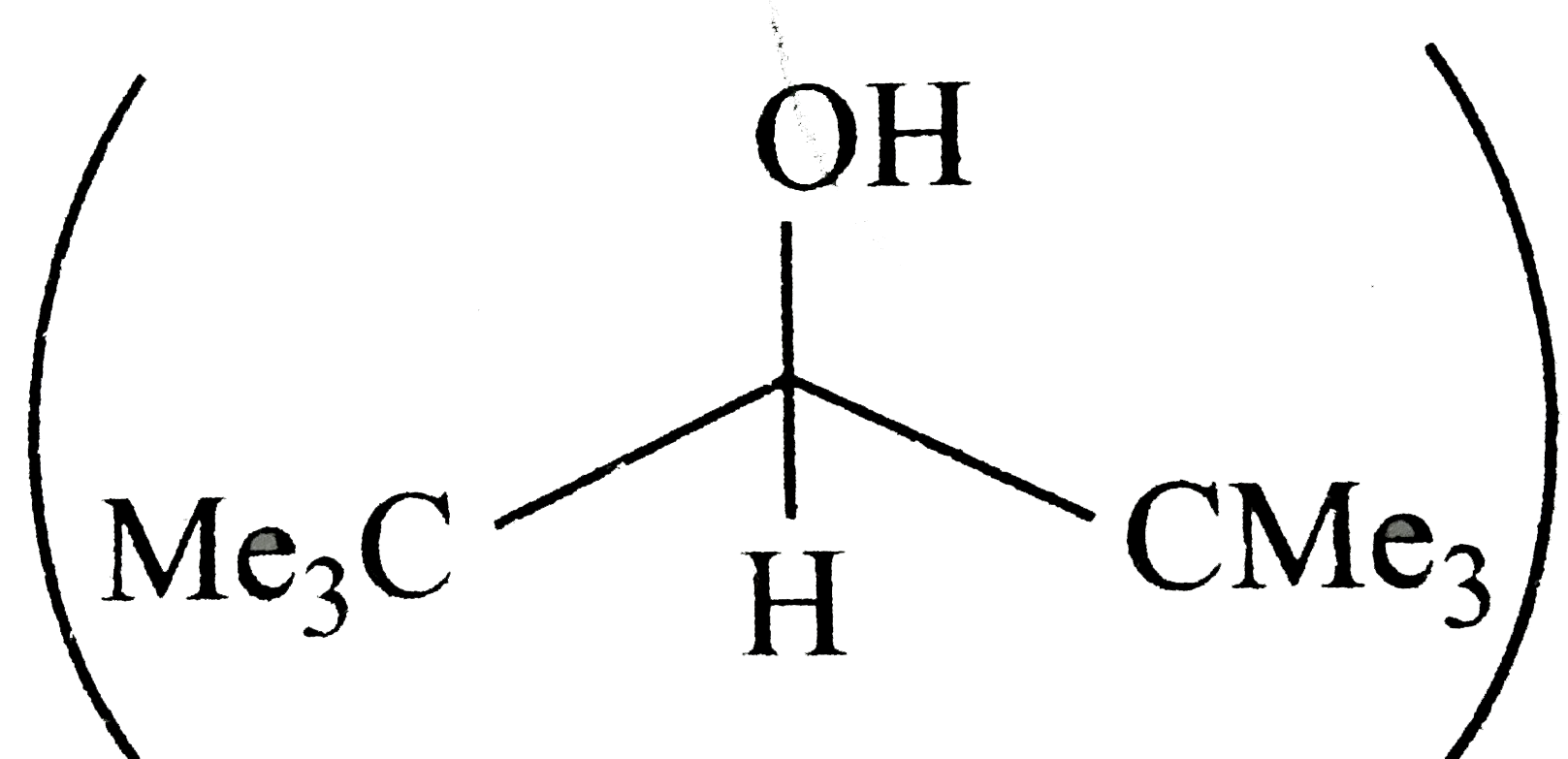Acetylene(C2H2) can be obtained by the reaction of water with
CaC2'
AI4C3
Mg2C3
all of these
To solve the question regarding the formation of acetylene (C₂H₂) from the reaction of water with certain compounds, we will analyze each option step by step.
Step 1: Identify the Compounds
The question provides four compounds:
1. Calcium carbide (CaC₂)
2. Aluminum carbide (Al₄C₃)
3. Magnesium carbide (Mg₂C₃)
4. All of these
Step 2: Reaction of Calcium Carbide with Water
Let's first consider the reaction of calcium carbide with water:
- Chemical Reaction:
CaC2+2H2O→Ca(OH)2+C2H2
- Products: Calcium hydroxide (Ca(OH)₂) and acetylene (C₂H₂).
Step 3: Reaction of Aluminum Carbide with Water
Next, we will analyze the reaction of aluminum carbide with water:
- Chemical Reaction:
Al4C3+12H2O→4Al(OH)3+3CH4
- Products: Aluminum hydroxide (Al(OH)₃) and methane (CH₄), not acetylene.
Step 4: Reaction of Magnesium Carbide with Water
Now, let's look at the reaction of magnesium carbide with water:
- Chemical Reaction:
Mg2C3+6H2O→2Mg(OH)2+3C3H4
- Products: Magnesium hydroxide (Mg(OH)₂) and propylene (C₃H₄), not acetylene.
Step 5: Conclusion
From the above reactions, we can conclude that only calcium carbide (CaC₂) reacts with water to produce acetylene (C₂H₂). Therefore, the correct answer is:
- Calcium carbide (CaC₂).
Final Answer:
Acetylene (C₂H₂) can be obtained by the reaction of water with Calcium carbide (CaC₂).
---
The question provides four compounds:
1. Calcium carbide (CaC₂)
2. Aluminum carbide (Al₄C₃)
3. Magnesium carbide (Mg₂C₃)
4. All of these
Let's first consider the reaction of calcium carbide with water:
- Chemical Reaction:
CaC2+2H2O→Ca(OH)2+C2H2
- Products: Calcium hydroxide (Ca(OH)₂) and acetylene (C₂H₂).
Next, we will analyze the reaction of aluminum carbide with water:
- Chemical Reaction:
Al4C3+12H2O→4Al(OH)3+3CH4
- Products: Aluminum hydroxide (Al(OH)₃) and methane (CH₄), not acetylene.
Now, let's look at the reaction of magnesium carbide with water:
- Chemical Reaction:
Mg2C3+6H2O→2Mg(OH)2+3C3H4
- Products: Magnesium hydroxide (Mg(OH)₂) and propylene (C₃H₄), not acetylene.
From the above reactions, we can conclude that only calcium carbide (CaC₂) reacts with water to produce acetylene (C₂H₂). Therefore, the correct answer is:
- Calcium carbide (CaC₂).
Acetylene (C₂H₂) can be obtained by the reaction of water with Calcium carbide (CaC₂).
Similar Questions
Knowledge Check
Trans-cyclohexane-1,2-diol can be obtained by the reaction of cyclohexene with:
AKMnO4BOsO4Cperoxy formic acid /H3O+DSeO2
Given below are some standard heats of reaction:
a. Heat of formation of water =−68.3kcal
b. Heat of combustion of acetylene =−301.6kcal
c. Heat of combistion of ethylene =−337.2kcal
Calculate the heat of reaction for the hydrogenation of acetylene at constant volume at 25∘C.
View SolutionAcetophenone can be obtained by the reaction of PhMgBr and.
View SolutionCH4 can be prepared by the reaction of H2O with:
View SolutionPrimary alcohols can be obtained can be obtained from the reaction of the RMgX with
View SolutionPhosphine, acetylene and ammonia can be formed by treating water with
View SolutionA 2∘ alcohol
 can be obtained by the reaction of di-t-butyl ketone and
can be obtained by the reaction of di-t-butyl ketone and
View SolutionWater potential can be obtained by
View Solution
